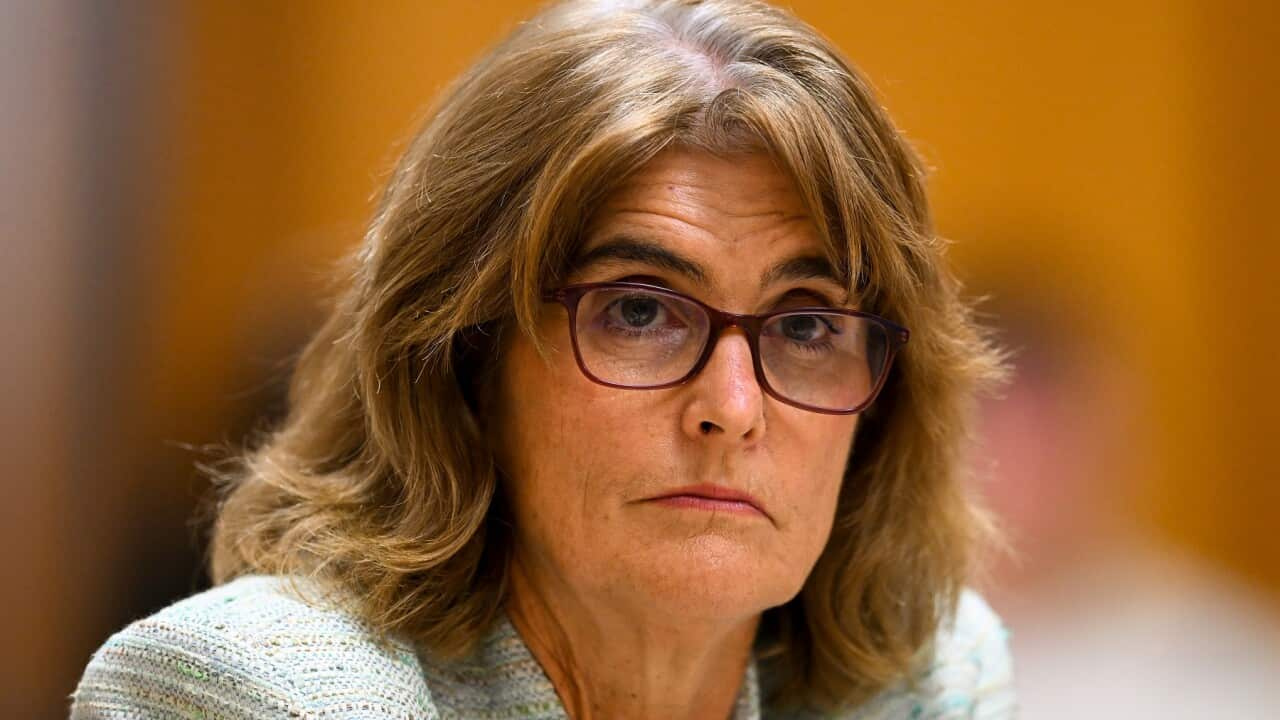TRANSCRIPT
The Reserve Bank of Australia board has elected to keep the official cash rate on hold at 4.35 per cent.
Reserve Bank Governor Michelle Bullock says the RBA doesn't expect inflation to sustainably return to target until 2026.
“So, what does this all mean? Well, the recent data, I think you'd agree, have been a little mixed, but overall, they reinforce the need to maintain a restrictive monetary policy stance and remain vigilant to the upside risks to inflation. The board needs to be confident that inflation is moving sustainably towards the target before any decisions are made about a reduction in interest rates. So, we really need to see progress on underlying inflation. Coming back down toward the target.”
Remaining at 4.35 per cent since last November, a rate cut is unlikely before the end of this year.
With inflation rates remaining at 3.8 per cent, higher than RBA's target of two to three per cent, the RBA says progress on inflation is needed before interest rates can lower.
The announcement comes as a blow to Australians hoping for some relief.
In Sydney, this man says people are really struggling.
"Look, it's not just me, but you know, [I'm a] a father of five, and seeing the effects it's having and on my peers and associates, it's it's been extremely detrimental. For us, more senior people, we've come from an era of high interest rates. So we know what it's like, the fluctuations, but the new generation that are out there with mortgages and setting up families and school fees, I know they're struggling, and it's not just a guess. I'm seeing it every day. So it's very sad to see our future suffering so much."
Preparing for a grocery rush, volunteers at this Canberra food bank have been run off their feet.
Volunteer Rhonda Owen says the cost of living crisis has spiked demand.
“I expect this probably doubled. Yeah, about doubled in the last year, year and a half, I think. For some people, after they've paid their bills and their mortgage, foods are the last thing they can afford. So, it's good to be able to help them. And there's, you know, as we say no one should go to bed hungry in Canberra. So, we do our bit for that.”
Treasurer Jim Chalmers says both the government and the Reserve Bank have the same objective, to bring down inflation.
Following criticism of the RBA's handling of the economy earlier in the year, Dr Chalmers maintains he's not attacking the Reserve Bank.
"I've made a factual statement that the interest rate rises that are already in the system, combined with some of these other factors, are slowing our economy quite dramatically. We saw that in the most recent national accounts. But these decisions are taken independently by the Reserve Bank. My efforts have been about trying to make the bank more independent, not less independent."
Federal Opposition Treasury spokesman Angus Taylor is accusing the government of manipulating headline inflation.
But he claims the RBA is seeing through the manipulation.
The U-S Federal Reserve and the Bank of England both announced rate cuts recently, offering some reprieve to borrowers.
Mr Taylor says Australians are not enjoying the benefits of rate cuts that people in comparable countries are.
"Interest rates are coming down in those countries, but not in Australia. And that pain is being felt by every Australian household who is seeing their standards of living smashed, have see their real disposable incomes smashed, as Labor completely fails to fight and beat its home-grown inflation."
Michelle Bullock says that while the worst of the inflation problem is over, there is still a long way to go.
"Inflation has come down a long way since it peaked in 2022- both in Australia and overseas. Part of this was the resolution of supply chain issues, and energy prices easing. And monetary policy has also been doing its job. But inflation is still above our target, and it's proving to be sticky. Progress in getting underlying inflation down has slowed, and it's likely to have remained slow in the September quarter."













